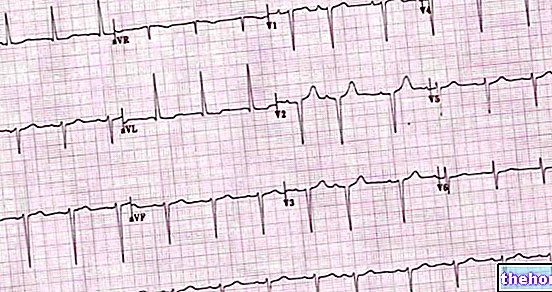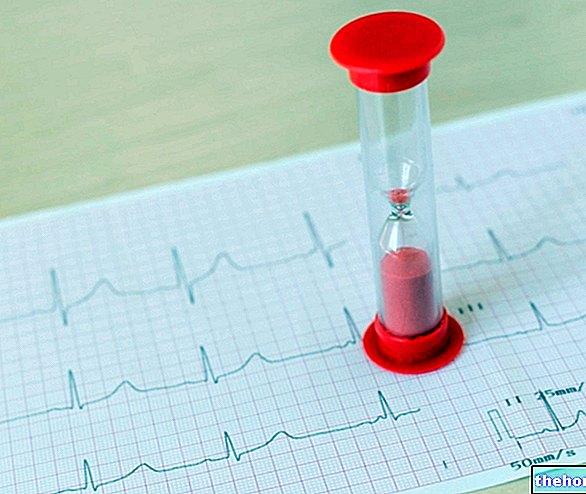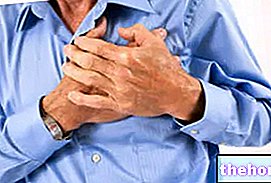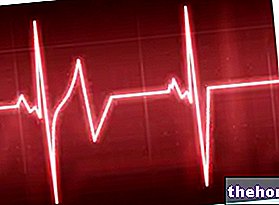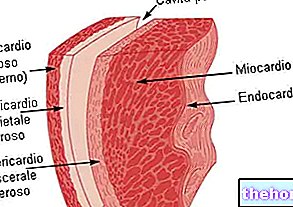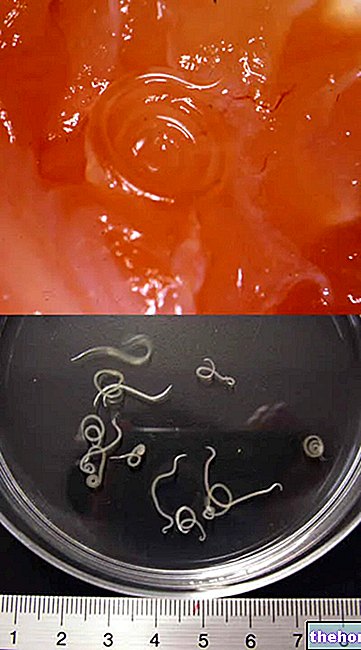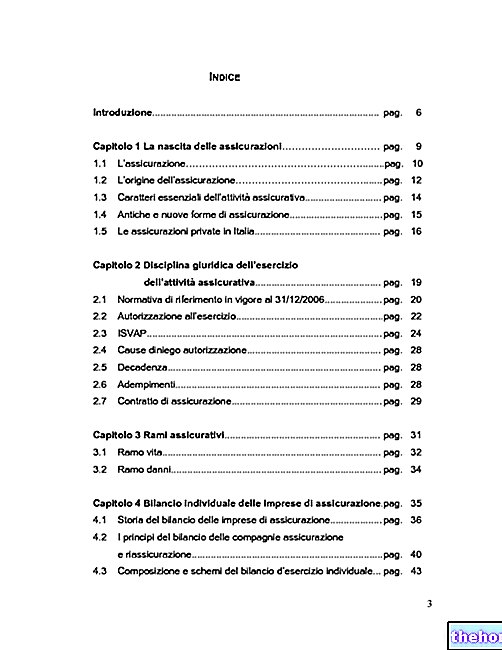Generality
Heart failure is a chronic, progressive condition in which the heart cannot pump enough blood to meet the body's needs. Basically, the heart muscle cannot keep up with its workload; initially, the heart it tries to compensate for this alteration in some way, but over time it weakens and loses the ability to contract normally. As a result, the heart muscle cannot pump with enough force to push enough blood around (systolic insufficiency) or it loses its ability to relax normally and may not fill properly during the rest period between each beat (diastolic dysfunction).

Diagnosis
The initial diagnostic approach is based on the medical history, which allows to gather information about the symptoms of heart failure and to evaluate the presence of health conditions that may have caused the weakening or stiffening of the heart muscle (hypertension, high cholesterol (diabetes, kidney disease, angina, coronary artery disease, or other heart disease) Doctors do a complete physical examination to check for signs of heart failure:
- Dyspnea and presence of fluid in the lungs (by listening to the lungs with a stethoscope);
- Swollen and bulging neck veins
- Enlargement of the liver or swelling of the abdomen and legs (edema);
- Irregular heartbeat or increased heart rate and abnormal heart sounds
After the physical examination, several investigations may be indicated to investigate the cause and severity of heart failure:
- Blood test - to check for changes in some parameters, which could indicate heart failure or some other disease;
- Respiratory function tests - to check or rule out if a lung problem is contributing to wheezing
- Chest X-ray - to determine the degree of "heart failure." Investigation often shows enlargement of the heart muscle and may show signs of congestion or pulmonary edema;
- Electrocardiogram - records the electrical activity of the heart muscle and provides information on the presence or absence of alterations in electrical conduction and heart rhythm (revealing, for example, the presence of arrhythmias);
- Echocardiogram - allows you to examine heart function and check for any changes in the structures of the heart (heart valves, pericardium, etc.). It should be done in all cases of suspected heart failure, as it can help confirm the diagnosis and help determine the underlying cause of the abnormality (essential information for establishing treatment).

